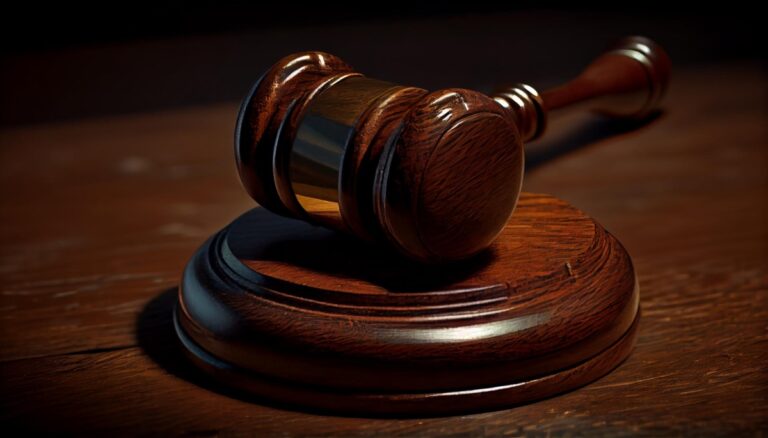When a property becomes unoccupied it is important to notify the insurance provider immediately, confirm that the current buildings and contents insurance is still valid, and that any conditions set by the insurance provider are met. Failing to do this could invalidate the insurance policy or result in the insurer not covering a claim. This guide is designed to provide you with an outline of what needs to be done.
Most insurance companies will class a property as unoccupied if it has been vacant for more than 30 consecutive days. Once a property is unoccupied you will need to contact the home insurance provider immediately as it may affect the terms of the current policy. You may wish to seek specialist building and contents insurance to cover the unoccupied property. The current insurance provider may cover the property but there will often be new conditions added to the policy, such as:
- All locks, bolts and safety fastenings on all doors and windows are used;
- Any burglar alarms are set and fully operational;
- Any valuable items are removed; and
- The electricity and gas supplies are turned off at the mains.
Also, during the months of October to March (inclusive):
- The water supply is turned off at the mains and the heating system is drained, unless an automatically controlled heating system is left in operation;
- If the heating system is in operation, access hatches or any other entrances to attic or loft spaces are left open;
- If the electricity, gas and/or water supplies are required for the heating system or burglar alarm, these must be left on at the mains;
- If the electricity supply is left on all electrical devices, other than the burglar alarm and security lighting, must be unplugged/disconnected;
- Any water tanks are lagged on their top and sides to a minimum depth of 25 millimetres;
- The property is visited at least once a week by you, a relative, friend, neighbour, managing agent or someone else responsible to you.
These are just examples and you should contact the insurance company to establish their specific requirements.
If the amended conditions are not met, it could invalidate the insurance cover and many claims will not be covered, for example:
- Freezing of water in fixed water or fixed heating systems;
- Water or oil escaping form washing machines, dishwashers, fixed water or fixed heating systems;
- Malicious acts of vandalism;
- Theft or attempted theft;
- Accidental breakage to drains, pipes, cables and underground tanks which are used to provide services to and from the property and/or for which the owner is legally responsible;
- Accidental breakage of glass and sanitary ware fixed to and forming part of the property; and
- Accidental damage to the property and buildings.

